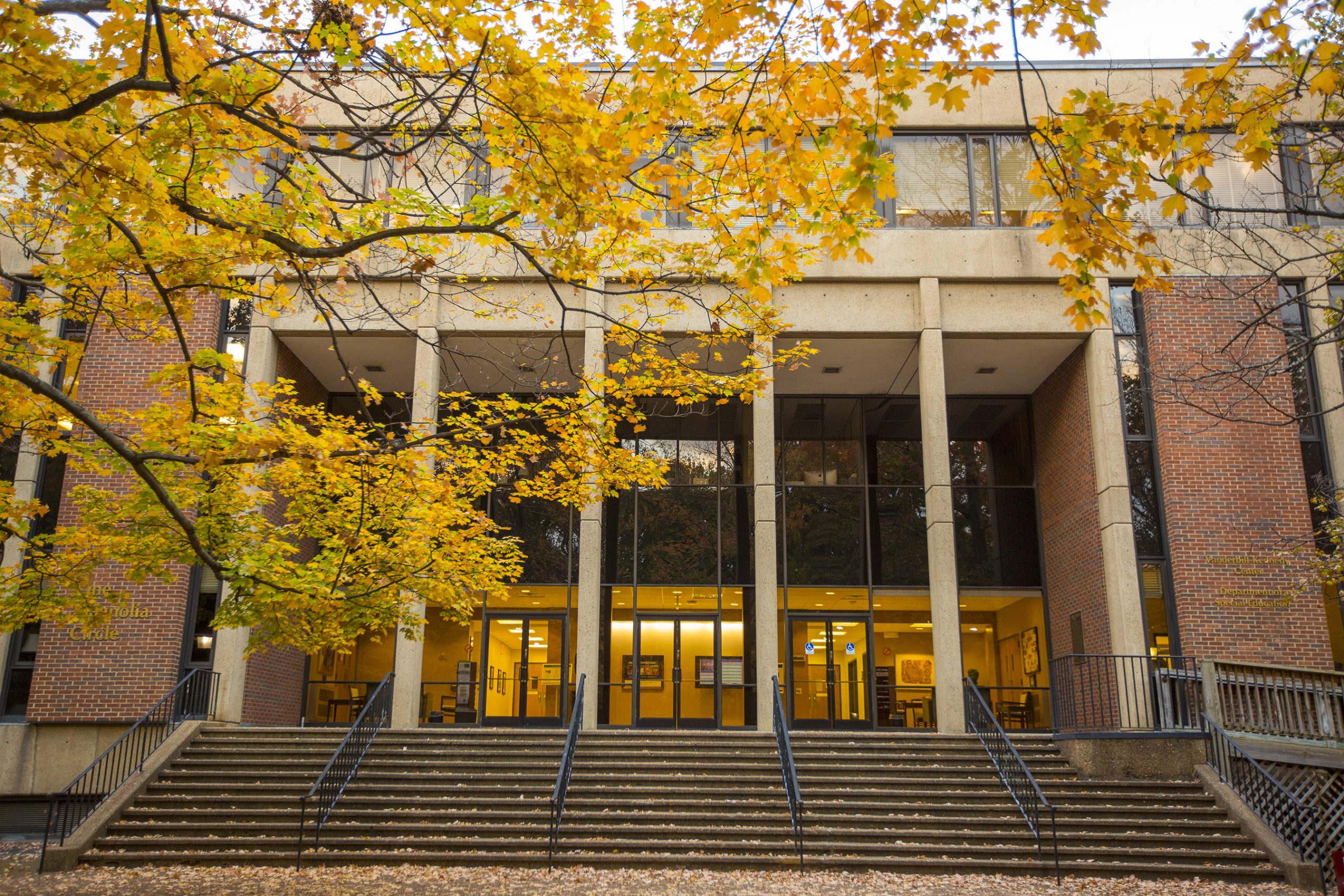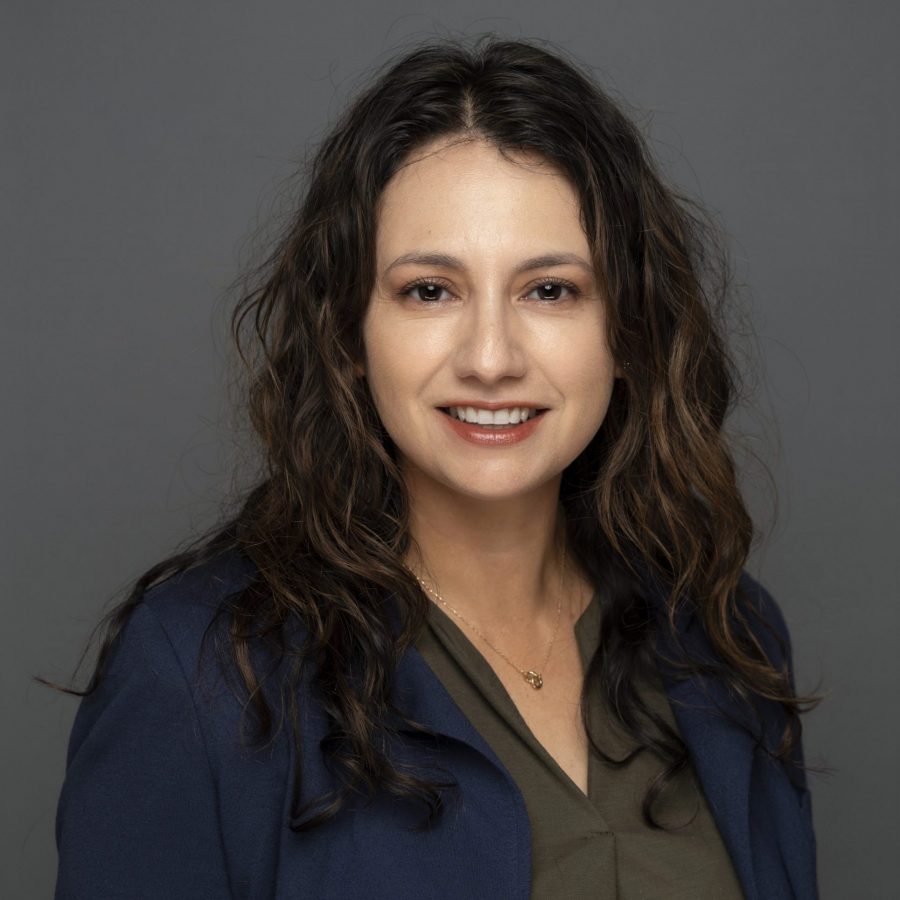Collaborate with faculty and other students on important initiatives, participate in colloquia with experts from various disciplines through courses, fieldwork, and research, while fulfilling the special education teacher requirements.
Special Education Graduate Program Overview
Becoming a special education teacher at Peabody allows you to develop competencies in all categories of exceptionality, but your studies will focus on one of three special education track areas:
High Incidence, for those intending to become intervention specialists for children and young adults with reading and math disabilities and persistent behavior problems
Within the Low Incidence Program:
- Severe Disabilities, to serve students with intellectual disability, autism, multiple disabilities and other intensive support needs
- Visual Disabilities, to serve students with visual impairments, blindness, and deafblindness, and to collaborate with teachers, school staff, and families
For those interested in early childhood education, see our Integrated Early Childhood Education program.
Because there is a shortage of qualified special education teachers, your education may be funded through U.S. Department of Education grants.
Careers
Of Special Education job-seeking graduates, 100 percent were employed or are attending graduate school within four months of graduation.
Explore how to teach for impact with a master of education in our digital guidebook.
Special Education Program Facts
Program Director: Alexandra Da Fonte
Admissions Coordinator: Katherine Prioletti
Admission Term: Fall
Credit Hours: 30-60
Key Application Dates
-
Priority Decision 1
December 1*
-
Priority Decision 2
January 3
-
Rolling Decision
After January 3
*For more information on application dates and requirements, and the benefits of Priority Decision, see the How to Apply page.
Request Information
Master’s in Special Education Curriculum
The Special Education degree program stresses field-based learning and experience, with the opportunity to participate in supervised research. Programs of study are planned in consultation with the faculty advisor. To satisfy your degree requirements, you will take a comprehensive sit-down exam that evaluates your competence in the field of special education and complete a master's specialty area project or thesis.



